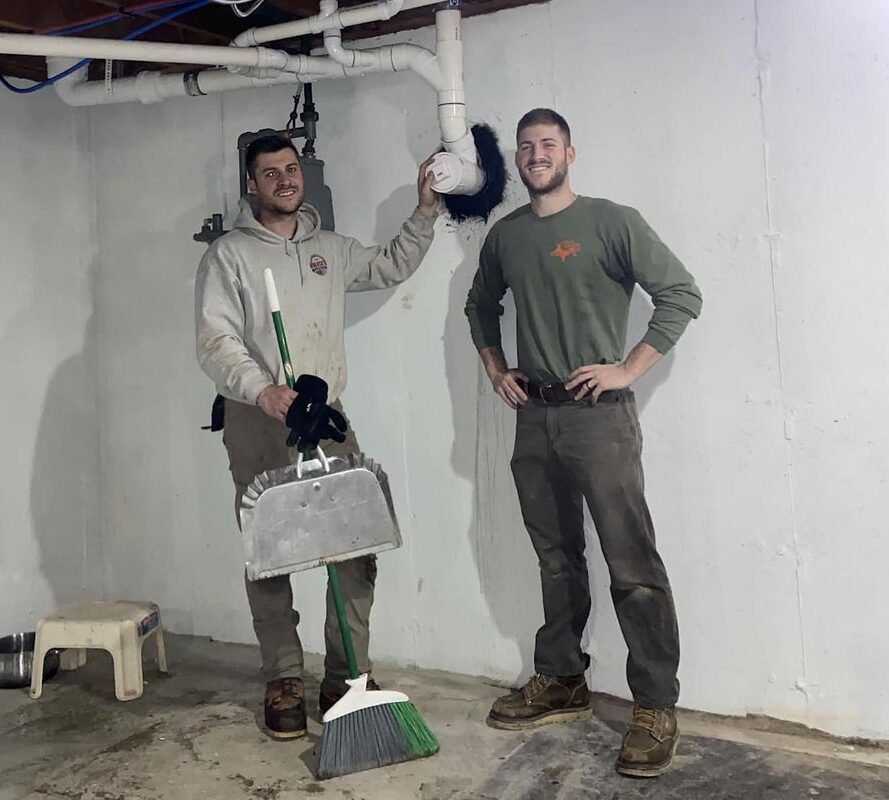Servicing Leaky Septic Drains: A Guide to Ensure Optimal System Functionality

Introduction
Septic systems play a crucial role in managing and treating wastewater in areas where centralized sewage systems are not available. These systems consist of various components, including septic drains, which are essential for the proper functioning of the overall system. However, leaky septic drains can lead to a range of issues, from environmental contamination to costly repairs. In this article, we will explore the importance of servicing leaky septic drains and how to ensure the optimal functionality of your septic system.
Understanding Septic Drains
Septic drains, also known as leach fields or drain fields, are an integral part of the septic system. They serve as the final stage of the treatment process, allowing the treated wastewater, or effluent, to percolate into the soil and be naturally filtered and purified. The septic drains consist of a network of perforated pipes buried in gravel-filled trenches.
Signs of Leaky Septic Drains
Identifying leaky septic drains in a timely manner is crucial to prevent potential damage to the system and the environment. Some common signs of leaky septic drains include:
- Foul Odors: Unpleasant odors around the septic system or in the vicinity of the drain field may indicate leaks or overloading of the system.
- Pooling Water: Excessive water pooling on the ground above the drain field, especially during dry weather, suggests a potential leak in the system.
- Slow Draining Fixtures: If sinks, bathtubs, or toilets are slow to drain, it could be a sign of a compromised septic drain.
- Lush Vegetation: While a healthy lawn is desirable, an unusually lush and green patch of grass over the drain field may indicate excess nutrients from a leaking system.
- Sewage Backup: Backups or gurgling sounds in plumbing fixtures may indicate that the septic system is not functioning properly.
Importance of Servicing Leaky Septic Drains
Addressing leaky septic drains promptly is essential for several reasons:
- Preventing Environmental Contamination: Leaky drains can release untreated wastewater, including harmful pathogens and pollutants, into the surrounding soil and groundwater, potentially contaminating nearby water sources.
- Avoiding Soil Saturation: If the septic drains are leaking, the excess effluent can oversaturate the soil, leading to reduced filtration capacity and potential backups in the household plumbing.
- Extending System Lifespan: Regular servicing and maintenance of septic drains can prolong the life of the entire septic system, saving homeowners from costly repairs or replacements.
- Protecting Public Health: Untreated wastewater contains harmful bacteria and viruses that can pose serious health risks to individuals and communities if they reach drinking water sources.
Servicing Leaky Septic Drains: Best Practices
- Regular Inspections: Schedule periodic inspections by a qualified septic professional to assess the condition of the septic drains and the entire system.
- Prompt Repairs: If any signs of leaks are detected during inspections, take immediate action to repair the septic drains to prevent further damage.
- Conservative Water Usage: Avoid excessive water usage, as it can overload the septic system and lead to drain field issues.
- Proper Waste Disposal: Avoid flushing non-biodegradable items or hazardous chemicals down the drains to prevent clogs and damage to the system.
- Septic Tank Pumping: Regularly pump the septic tank to prevent solids from clogging the septic drains and causing leaks.
Conclusion
Servicing leaky septic drains is crucial to maintaining the functionality and longevity of the septic system. Regular inspections, prompt repairs, and responsible water usage are essential practices to prevent environmental contamination, protect public health, and avoid costly repairs. By taking proper care of the septic drains, homeowners can ensure the efficient and effective treatment of wastewater while contributing to a healthier environment.
Remember, a well-maintained septic system is not only a responsible choice but also an investment in the well-being of your home and community.